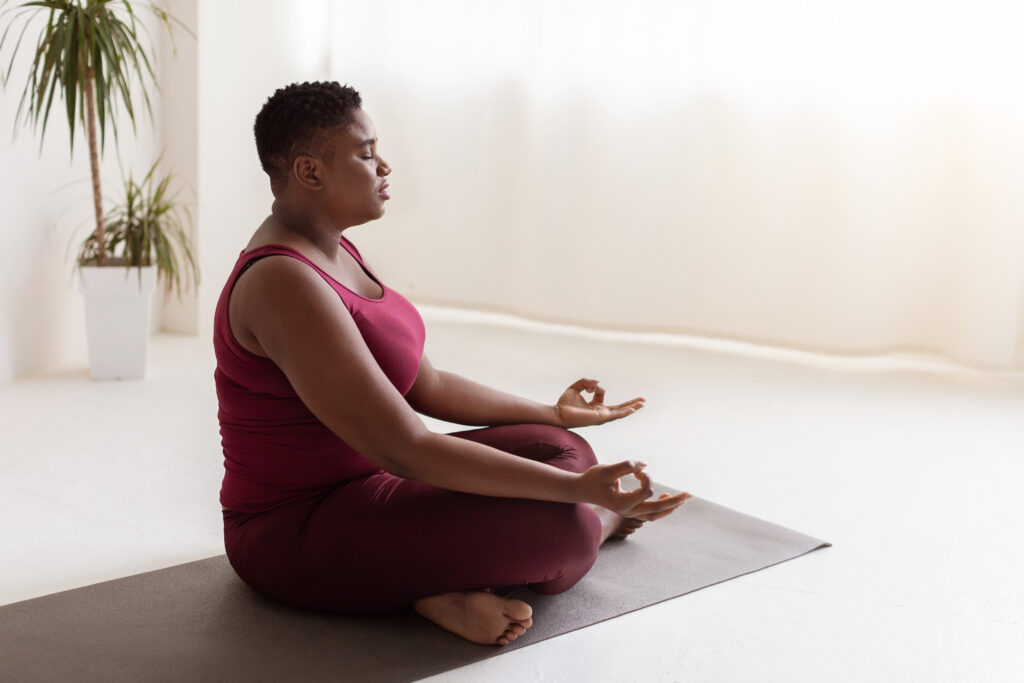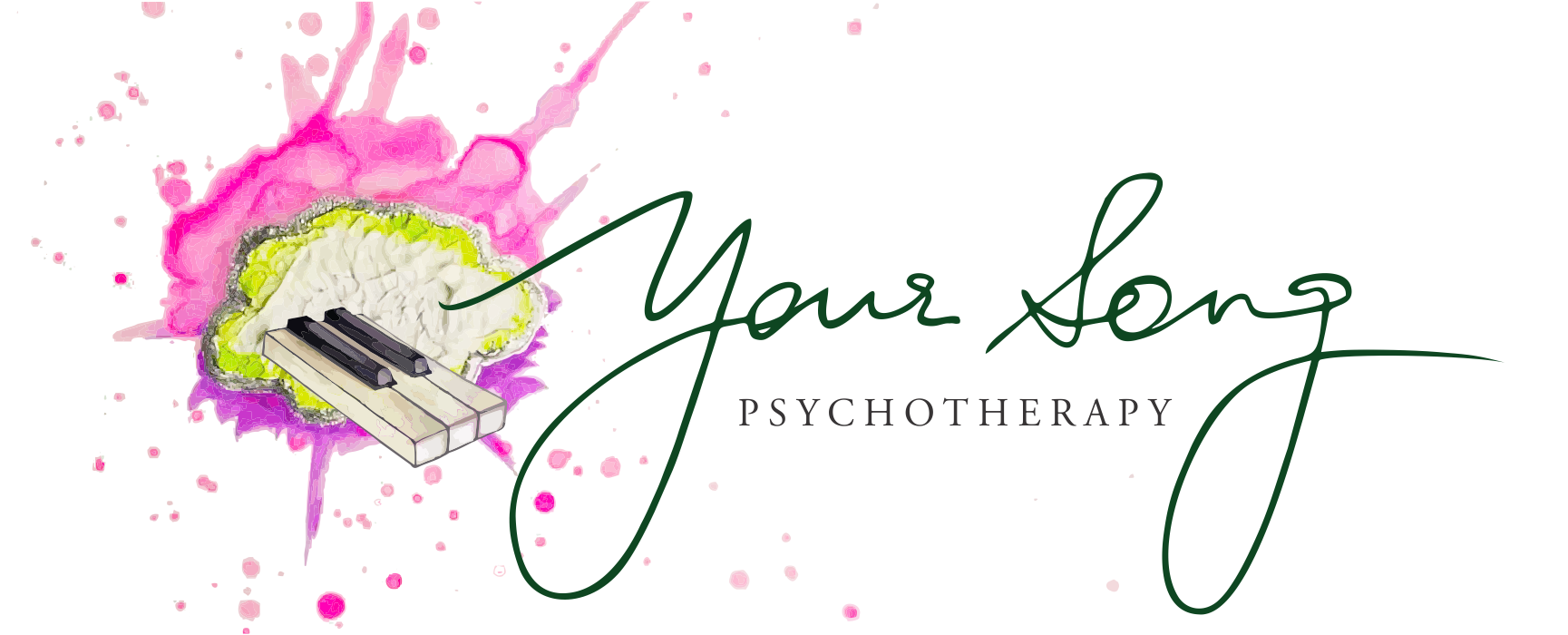
Why Yoga?
Yoga is a mind-body practice, originating in India, to relieve suffering and disease. It includes movement (asana), meditation (dhyana), and breathing (pranayama). Yoga is often used to build self awareness and improve the connection one has with their mind and body.
Yoga can be effective in reducing muscle tension, stress-related symptoms, anxiety, depression, and trauma. It’s a widely held belief that trauma is held in the body and that we carry stressful experiences within our nervous system. Yoga can be used to regulate the nervous system and bring people back into their window of tolerance.
Yoga psychology is simply combining the practice of yoga with psychological knowledge. The approach can be prescriptive in that certain postures and breath techniques can be used to address specific mental health concerns.
I might implement the use yoga if I notice a client is feeling overwhelmed and their nervous system appears to be flooded. This could be done by asking my client to pause their narrative and engage in some light chair yoga or breath work. Doing this interrupts the body’s pattern of nervous system activation and establishes a new habit that the body will remember.

Yoga Psychology Approach
I am a a certified yoga instructor with the ability to incorporate the practice of yoga into my work as a psychotherapist, for those of my clients who are interested in this approach.
As a psychotherapist, I often incorporate yoga into my treatments. This helps bring my clients physical and emotional relief from their challenges. During the sessions, we discuss various techniques to help them manage their mental health problems.
Through this dialogue, we identify specific poses that are most helpful for each individual in managing their symptoms. I then break down these poses and explain how they work with our brains on a neurological level to help regulate emotions like stress and anger by activating key areas of the brain responsible for self-regulation.
By walking through each pose step-by-step, clients learn how to safely practice it while also connecting more deeply with themselves emotionally as they move through the practice. Ultimately, incorporating yoga into psychotherapy allows clients to actively participate in healing themselves from within .
Image Widget


Chelsey Yaremchuk Master Level Training Associate


